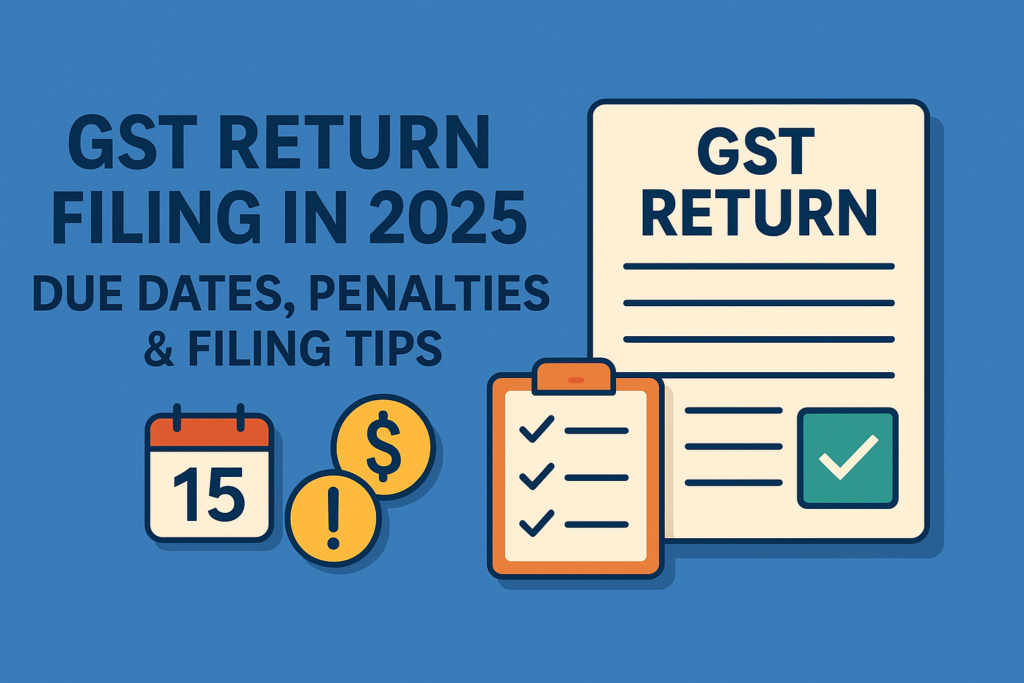
The UMC tax bill has become a hot topic lately, and many folks are scratching their heads about what it all means. With changes in tax laws, it’s crucial to get a grip on how this bill can impact you. Let’s dive into the details so you can be in the know!
What Is the UMC Tax Bill?
The UMC tax bill refers to legislation that affects tax policies within the context of the United Methodist Church (UMC). This bill outlines how taxes are levied on church income, properties, and activities. It aims to clarify the responsibilities of local churches and organizations under the UMC umbrella, ensuring everyone plays by the same rules.
Why Should You Care About the UMC Tax Bill?
You might wonder why this tax bill matters to you. Simple: if you’re part of a UMC community, this legislation could influence the financial health of your congregation. The decisions made in this bill can affect how much money goes to support church programs, outreach, and community services. Think of it as the foundation of your church’s financial structure—if it’s weak, everything else could wobble.
Key Features of the UMC Tax Bill
The UMC tax bill has several important features that every church member should understand:
Income Tax Guidelines
One of the biggest components revolves around how the church income is taxed. This section clarifies what counts as taxable income and what is exempt. This distinction can mean a significant difference in how much money the church retains for its activities.
Property Tax Exemptions
Many churches rely heavily on property tax exemptions. The UMC tax bill addresses these exemptions, ensuring churches don’t face steep property taxes that could drain resources. Think of it like giving a church a financial breath of fresh air!
Compliance Requirements
Compliance can feel like a buzzkill, but it’s necessary. The UMC tax bill lays out clear guidelines for what churches need to do to stay compliant. This helps prevent unexpected penalties that could arise from misunderstanding the law. It’s like following a road map on a journey—if you don’t stick to it, you might end up lost!
Potential Impacts on Local Churches
Let’s talk about how this bill can hit home for local congregations. If your church is suddenly faced with increased taxes, what happens? Funds might be diverted from community outreach programs or maintenance of church facilities. Imagine a beloved community center suddenly needing to close its doors because of financial strain. It can be disheartening.
Community Engagement
On the flip side, if the bill results in better funding opportunities through clearer tax guidelines, churches can engage more with their communities. This means more programs, events, and support for those in need. Picture it: a vibrant church that thrives and serves as a beacon of hope and charity in the neighborhood.
What Can Members Do?
You might feel a little out of control when it comes to tax bills and legislation, but there are steps you can take. First, stay informed! Attend church meetings where these topics are discussed. Share your thoughts and concerns with church leaders. After all, it’s a community effort to make sure your church stays strong and prepared for whatever changes come its way.
Conclusion: Knowledge is Power
Understanding the UMC tax bill is crucial for anyone involved in a United Methodist community. This bill could be the difference between a thriving church and one that struggles to keep its doors open. Knowledge is power, and being informed means you can take an active role in your church’s future. So, don’t sit back—get involved and make your voice heard!






